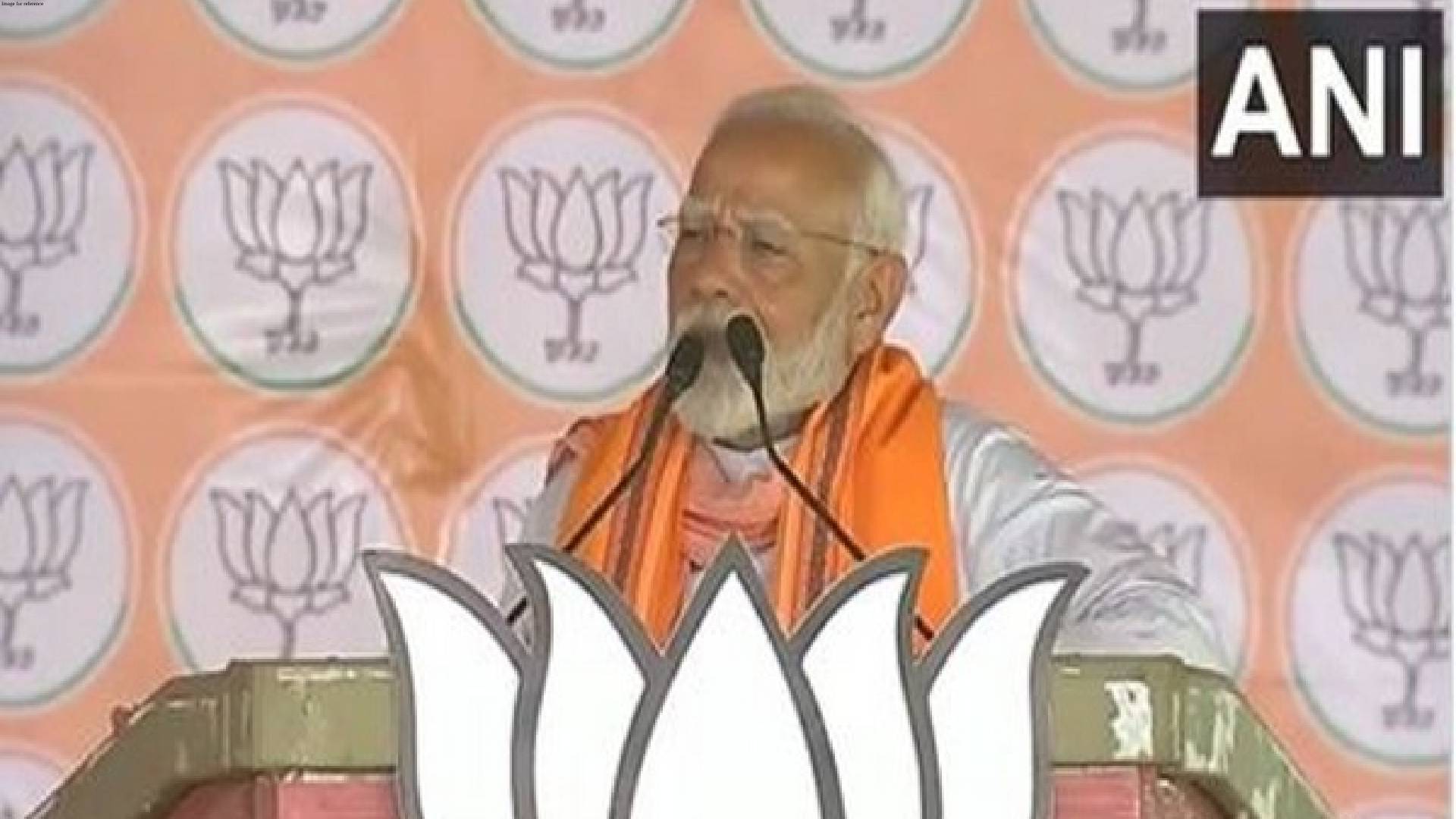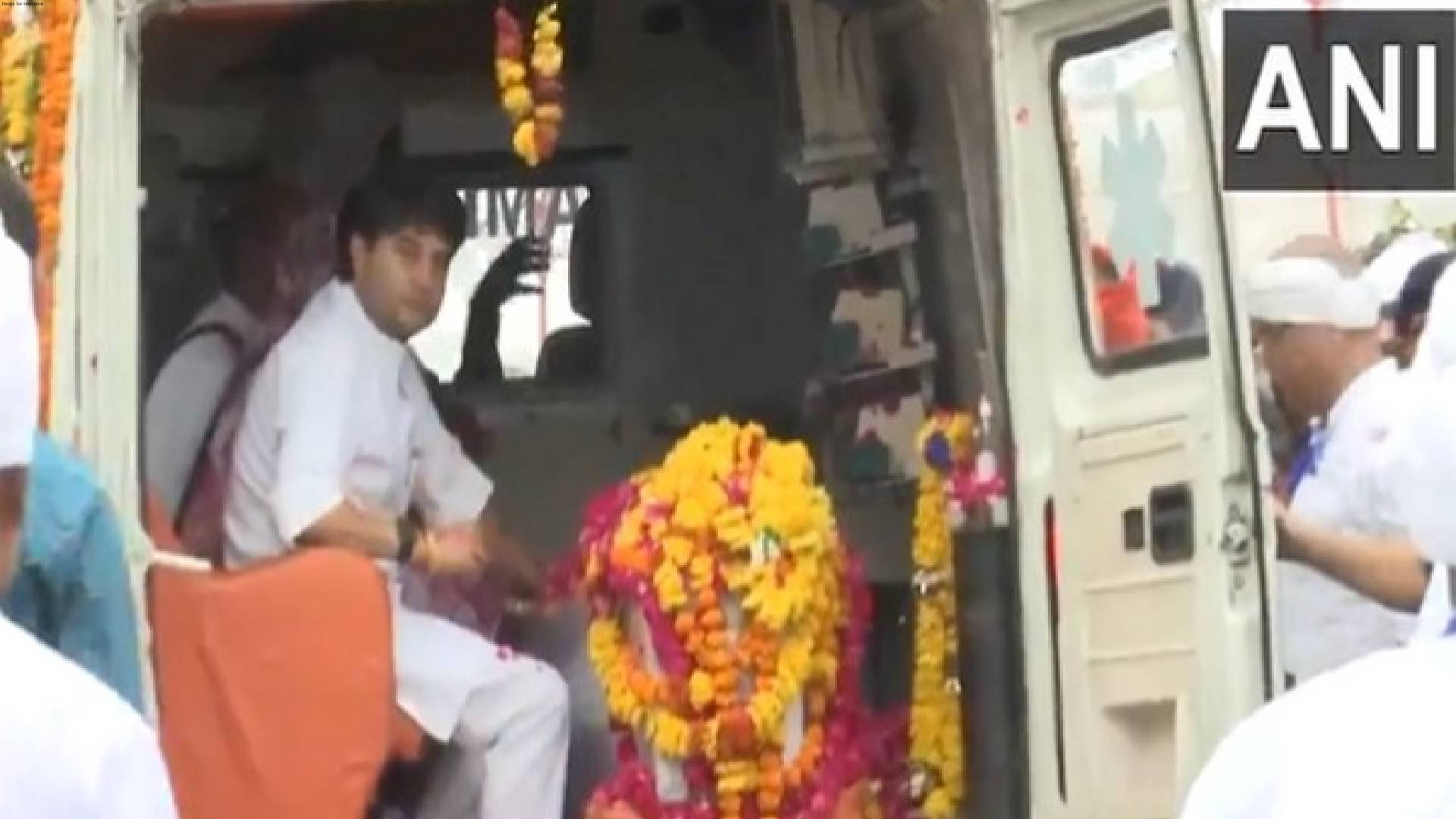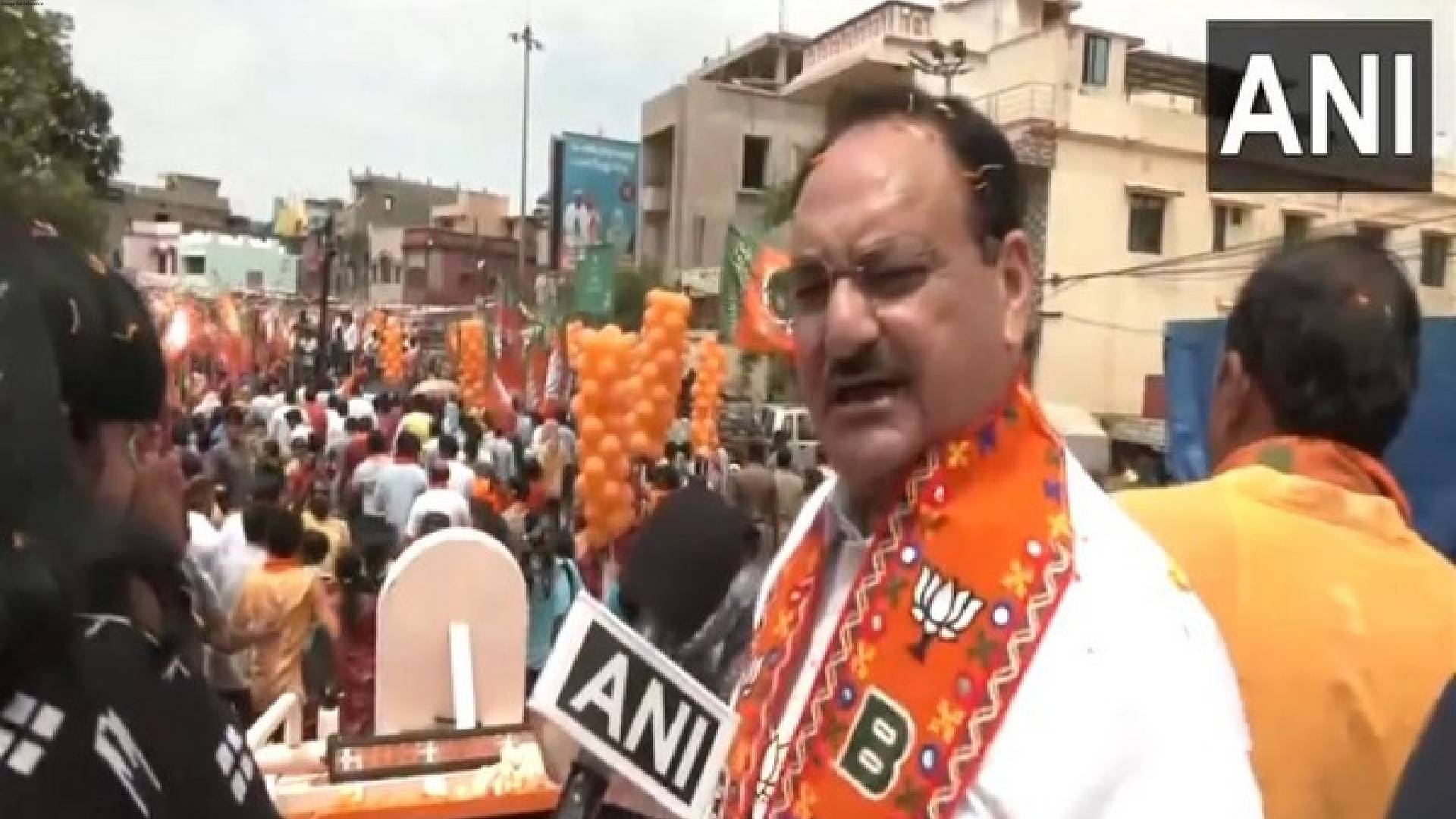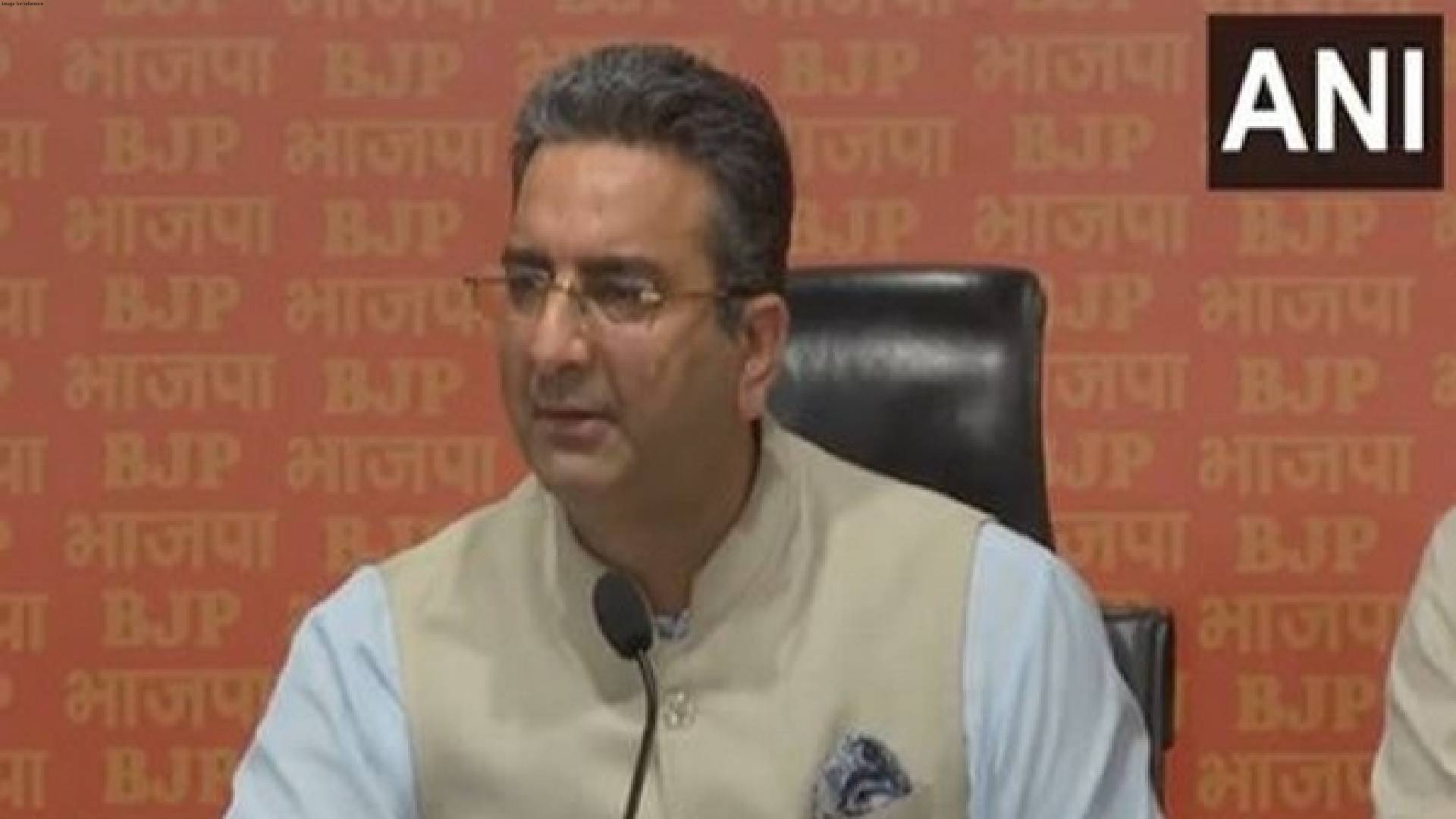Latest News
MVA DELIMITATION PUTS NEW SHINDE GOVT IN LEGAL BIND

Mumbai: Maharashtra’s ruling government is in a legal bind that could leave them politically blindsided over the delimitation exercise carried out by the previous Maha Vikas Aghadi (MVA) government in March 2022 for forthcoming local civic bodies. This included the Mumbai, Thane and Pune municipal corporations, 20 municipalities, apart from thousands of local bodies across the state.
Around 23 civic corporations including Mumbai, Thane, Pune, Solapur, Kolhapur as well as medium and small civic bodies including 221 town municipalities, 25 zilla parishads, around 284 block samitis and several village panchayat samitis are scheduled to go to polls in 2022 by September and October. Chief Minister Eknath Shinde on Thursday said that he would like the delimitation exercise to be carried out for local civic bodies afresh. Deputy CM Devendra Fadnavis was more cautious and said that his government would articulate merits of their case before Supreme Court Justice Dhananjay Chandrachud, while following the apex court’s directions on the same.
A senior BJP leader told First India, “The MVA government had usurped the powers of the state election commission (SEC), and taken upon itself to carry out the delimitation process which is currently being challenged in the apex court for its unconstitutionality. Moreover, the Shiv Sena in particular, had customized the wards of civic corporations including BMC in Mumbai, TMC in Thane and PMC in Pune and tweaked the ward demarcations to suit their own political ends. We will point out the inherent flaw in how the process was done to seek a fresh exercise.”
State election commission (SEC) Secretary, Kiran Kurundkar, says, “It is true that the powers of the SEC were taken over by the state. However, the process of delimitation, which was a public exercise, was carried out, with an additional chief secretary (ACS) rank officer appointed for hearings in the BMC. Senior and experienced officers were deputed for public hearings in other corporations as well.” These officers then submitted recommendations to the SEC after the process was completed. The SEC, in turn, either accepted or rejected the recommendations in keeping with the various electoral acts that applied to the same.


.png)




.png)







.png)




.png)
